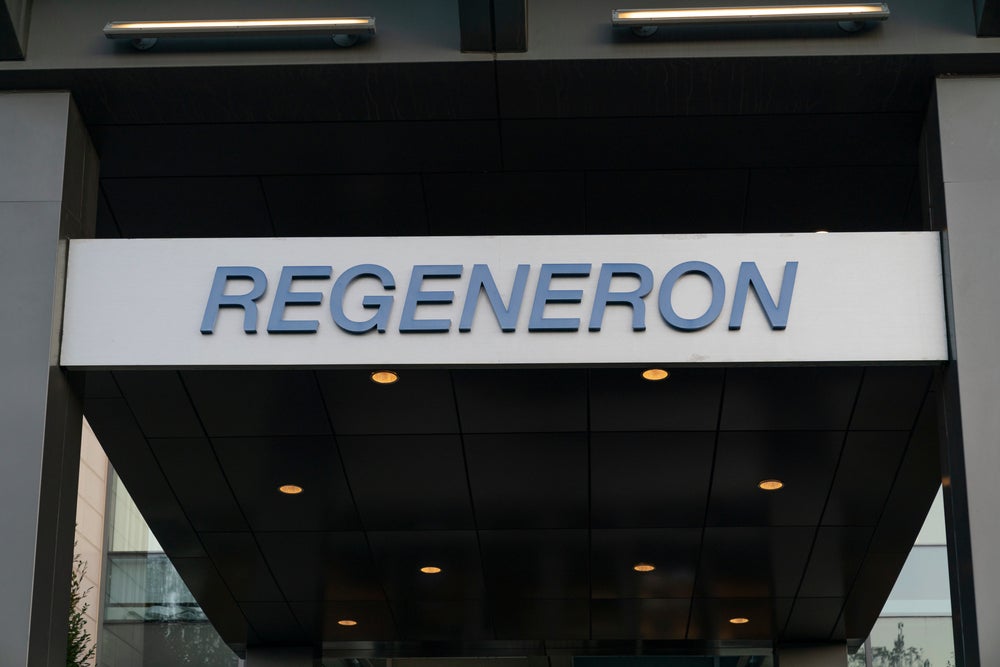Regeneron has won US Food and Drug Administration (FDA) approval for Lynozyfic (linvoseltamab-gcpt), marking the entry of another BCMAxCD3 bispecific drug in the multiple myeloma (MM) treatment space.
Via an accelerated approval, Lynozyfic is indicated to treat adult patients with relapsed or refractory multiple myeloma (r/r MM) who have received at least four prior lines of therapy, including a proteasome inhibitor, an immunomodulatory agent and an anti‑CD38 monoclonal antibody.
Regeneron’s drug joins two fellow BCMAxCD3 bispecific antibodies already at market in the US – Johnson & Johnson’s (J&J) Tecvayli and Pfizer’s Elrexfio.
Despite playing catch-up with its rivals, Regeneron’s product offers a dosing advantage. Lynozyfic, which stimulates T-cells to recognise and destroy cancer cells, can be administered monthly after 24 weeks of therapy, depending on how well the patient responds.
Meanwhile, J&J’s Tecvayli can be given every two weeks in patients who show a good response after at least six months, and Elrexfio has the same dosing interval from week 25 onward. Lynozyfic also has a fortnightly dosing schedule for patients starting from week 14.
Regeneron’s Phase I/II Linker-MM1 trial (NCT03761108) with Lynozyfic demonstrated an objective response rate of 70% in 80 patients with MM. Tecvayli and Elrexfio had response rates of 63% and 56% in their respective trials, though direct comparisons are difficult to draw without a head-to-head study.
Boxed warnings are common for T-cell directing drugs, and Lynozyfic is no different. It comes with one for cytokine release syndrome (CRS) and neurologic toxicity – including immune effector cell-associated neurotoxicity syndrome – in addition to warnings and precautions for infections, neutropenia, hepatotoxicity and embryo-foetal toxicity.
It is unclear how Regeneron will challenge J&J and Pfizer in MM, who both reached the market first but have less convenient dosing options.
Justin Holko, Regeneron’s senior vice-president for global oncology/haematology commercial business, told Pharmaceutical Technology: “We don’t comment on sales figures or market share, but believe Lynozyfic has the potential to provide significant benefit to multiple myeloma patients, society and the healthcare system.”
Tecvayli generated $549m in 2024 while Elrexfio secured $133m. MM is the second most common blood cancer, and revenue for these drugs is expected to skyrocket. Tecvayli, for example, is forecast to reach nearly $4.5bn in annual sales by 2031, according to GlobalData’s Pharma Intelligence Center. Similar analysis predicts Lynozyfic will generate $707m in sales by that year, a lower figure primarily due to Regeneron’s later market entry.
International Myeloma Foundation's interim CEO Diane Moran said: “[Lynozyfic] provides appropriate multiple myeloma patients and their care teams with a novel patient-centric treatment option that includes a dosing schedule that can be adapted based on patient response. We appreciate Regeneron’s continued research to further advance treatment for this community.”









